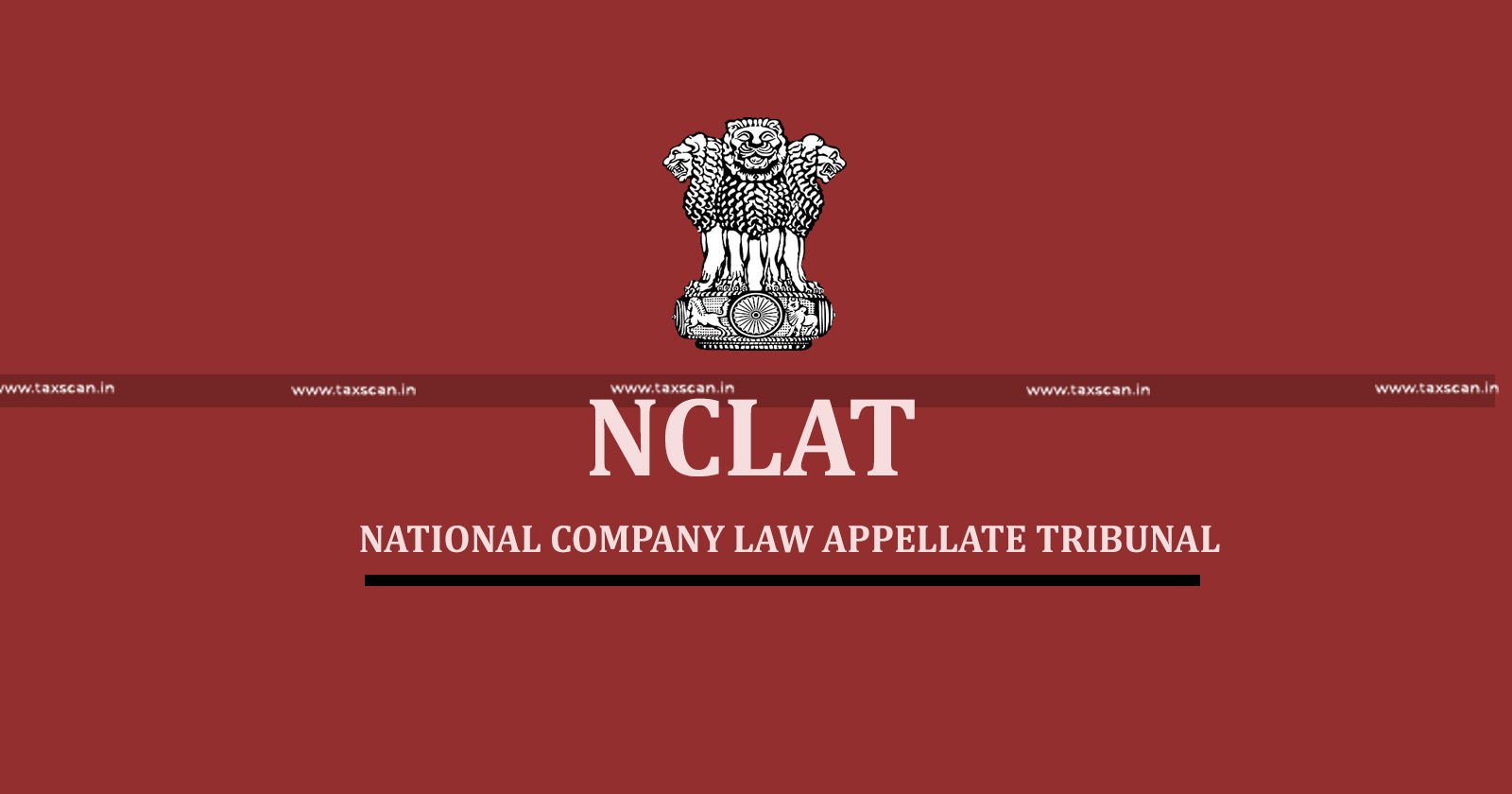Resolution Professionals Cannot Admit Claims Based on Uninvoked Guarantee: NCLAT [Read Order]
The tribunal ruled that on September 18, 2020, the Respondent was not permitted to use the guarantee provided by the corporate debtor. Since it has not matured, the aforementioned invocation cannot serve as the foundation for any claim to be accepted in the CIRP.

Resolution Professionals – Admit Claims – Uninvoked Guarantee – NCLAT – TAXSCAN
Resolution Professionals – Admit Claims – Uninvoked Guarantee – NCLAT – TAXSCAN
The National Company Law Appellate Tribunal (NCLAT) New Delhi bench has held that guarantee given by the corporate debtor cannot be invoked after initiation of the CIRP. The Resolution Professional cannot admit any claims based on such guarantee.
By order dated 10.10.2019, the CIRP against the Corporate Debtor got underway. On October 16, 2019, a newspaper ad requesting claims from creditors was published. On November 11, 2014, the CD signed a corporate guarantee in the Respondent's favor, securing the financial support that the Respondent had given the farmers.
Invoking the guarantee from November 13, 2014, the Respondent, Sustainable Agro-Commercial Financial Ltd., requested payment from the corporate debtor on September 18, 2020. The Corporate Debtor notified the Respondent on September 24, 2020, that CIRP had been initiated against the corporate debtor and requested that the Respondent submit its claim to the Resolution Professional.
On September 13, 2021, the CoC authorized the Resolution Plan in the Corporate Debtor's CIRP. In accordance with the corporate guarantee dated 13.11.2014, Commercial Financial Ltd. filed a claim in Form C dated 13.10.2021 with the Resolution Professional, requesting Rs. 1,14,57,536 for the corporate debtor's failure to repay the loan as promised.
Boost Your Earning Potential: Upskill in Tax and Finance
Since the Commercial Financial Ltd. claim had not been accepted, the company submitted an IA (IA No. 886 of 2022, dated 04.05.2022) asking for permission to accept the claim and include it in the Resolution Plan.
The Resolution Professional filed a reply to the IA that the Respondent had filed, and the Respondent filed a rejoinder in response. After hearing from the parties, the adjudicating authority granted IA No. 886 of 2022 in an order dated February 17, 2023. An appeal has been submitted by the former Resolution Professional who is upset with the ruling made by the Adjudicating Authority in IA No. 886 of 2022.
The appellant argued that the Respondent's claim could not have been considered in the CIRP since the Respondent had only exercised the guarantee on 18.09.2020, which was after the CIRP had been started on 10.10.2019. Additionally, it was contended that the Respondent was not permitted to use the guarantee to enforce its security due to the provisions of Section 14 of the IBC. The IRP could not have approved the claim because the invocation itself violated Section 14 of the IBC.
Furthermore, it was argued that the Respondent did not submit any claims prior to the CoC's acceptance of the Resolution Plan. The Respondent's letter dated October 23, 2020, cannot be regarded as a claim. Respondent only filed the claim on October 13, 2021, and in the wrong format.
In contrast, the respondent argued that the corporate debtor's liability based on the guarantee arose as soon as the primary borrowers committed breaches in 2017, and that the corporate debtor was liable without the need to invoke the guarantee. Additionally, it was contended that Respondent is not prohibited from invoking a promise by the wording of Section 14 of the IBC. The institution of a legal process is not equivalent to the invocation of a guarantee. Section 14 would have been applicable if the Respondent had initiated the process to invoke the assurance.
According to the ruling of the bench consisting of Justice Ashok Bhushan (Judicial Member), Mr. Barun Mitra (Technical Member), and Mr. Arun Baroka (Technical Member), no claim could have been accepted in the CIRP on the grounds that the Respondent invoked the guarantee on September 18, 2020, which was after the CIRP had begun.
The tribunal ruled that on September 18, 2020, the Respondent was not permitted to use the guarantee provided by the corporate debtor. Since it has not matured, the aforementioned invocation cannot serve as the foundation for any claim to be accepted in the CIRP.
To Read the full text of the Order CLICK HERE
Support our journalism by subscribing to Taxscan premium. Follow us on Telegram for quick updates


